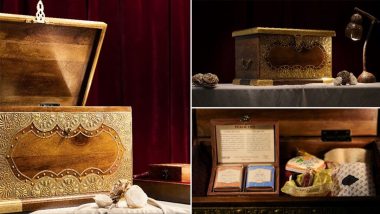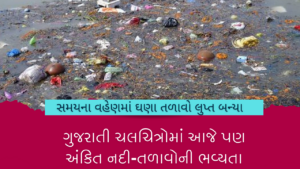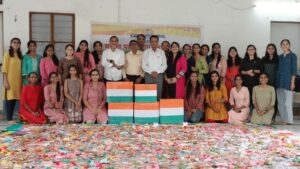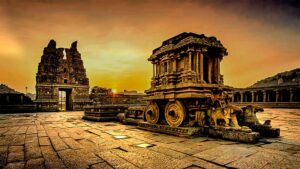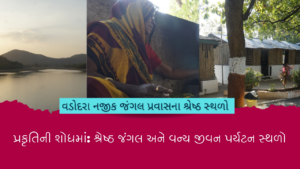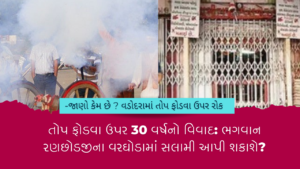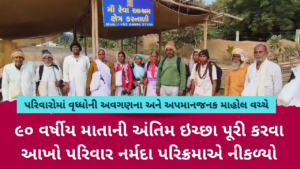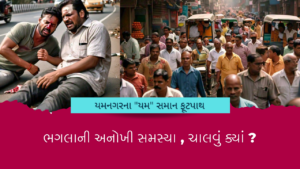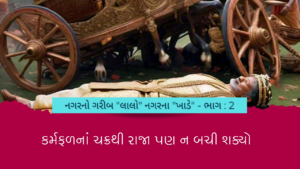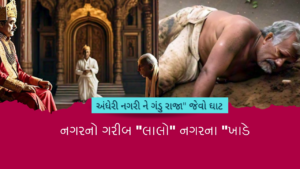Under India’s leadership, the G20 Leader’s Summit came to a successful conclusion in Delhi. The member countries and the guest countries lauded it as an absolute success. Apart from the deliberations and discussions, the biggest takeaway was the beautiful gift hamper.
These gift hampers included a well curated collection of handcrafted goods, which revealed much about the rich cultural traditions of India. Some of the articles are the result of centuries of tradition and are highly regarded for their unmatched craftsmanship and quality elsewhere in the world. These were meticulously crafted by master craftsmen. The gifts capture the essence of our nation’s distinctive biodiversity. Following items got place in the hamper:
Sheesham Sandook with Brass Patti
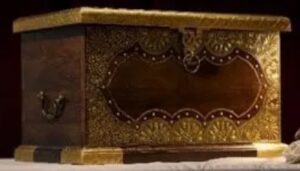 The Hindi word for a treasure chest is ‘sandook.’ It is a box with decorations all around that is made of solid, antique wood or metal and has a lid on top. In addition to being the pinnacle of beautiful craftsmanship, it has a special position in Indian folklore and culture.
The Hindi word for a treasure chest is ‘sandook.’ It is a box with decorations all around that is made of solid, antique wood or metal and has a lid on top. In addition to being the pinnacle of beautiful craftsmanship, it has a special position in Indian folklore and culture.
Sheesham (Indian Rosewood), which is prized for its durability, strength, unique grain patterns, and deep colour, was used to hand-craft Sandook. On this marvel of tactile and aesthetic splendour, the brass patti (strip) is gently engraved and embedded onto the wood. In addition to housing other treasures, it is a treasure in itself.
Zafran from Kashmir
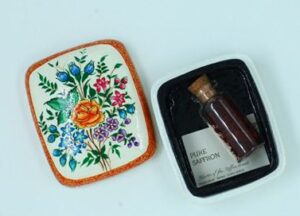 ‘Zafran’ in Persian and ‘Kesar’ in Hindi is the most exotic and expensive spice in the world. Across cultures and civilizations, saffron has been valued for its unparalleled culinary and medicinal value.
‘Zafran’ in Persian and ‘Kesar’ in Hindi is the most exotic and expensive spice in the world. Across cultures and civilizations, saffron has been valued for its unparalleled culinary and medicinal value.
Kashmiri Saffron stands as a true embodiment of exclusivity. Its intense aromatic contour, vibrant color and unmatched power sets it apart. This is due to the crusty air, abundant sunlight and well-drained soil of Kashmir, which yields saffron with a higher concentration of essential oils.
Exotic Pekoe Darjeeling and Nilgiri Tea
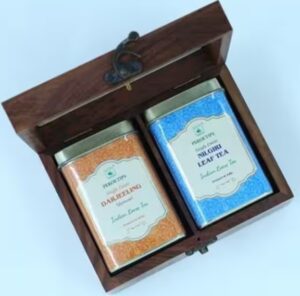 Pekoe Darjeeling and Nilgiri Tea are two illustrious gems from India’s tea tapestry, epitomizing the delicate art of tea cultivation and infusion. Darjeeling tea is the most valued tea in the world. Only tender shoots are handpicked from shrubs, located on the misty hills of West Bengal at altitudes of 3000-5000 ft above the sea level.
Pekoe Darjeeling and Nilgiri Tea are two illustrious gems from India’s tea tapestry, epitomizing the delicate art of tea cultivation and infusion. Darjeeling tea is the most valued tea in the world. Only tender shoots are handpicked from shrubs, located on the misty hills of West Bengal at altitudes of 3000-5000 ft above the sea level.
Nilgiri Tea comes from the most spectacular mountain range in South India. Cultivated amidst the mountains’ lush terrain at an elevation of 1000-3000 ft. The tea is relatively mild. At the same time, it is renowned for its bright and brisk liquor and clean flavour. It is a preferred choice for lemon of iced tea.
Sustainable Araku Coffee
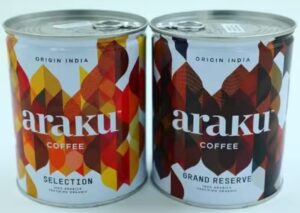 The first terroir-mapped coffee in the world, Araku Coffee is cultivated on organic estates in the Araku Valley in Andhra Pradesh.
The first terroir-mapped coffee in the world, Araku Coffee is cultivated on organic estates in the Araku Valley in Andhra Pradesh.
Farmers in the valley grow the coffee plants while maintaining perfect harmony with the environment. They cultivate the coffee naturally, without the use of machinery or chemicals, on tiny farms. The consumer receives traditional coffee beans or powder straight from a farmer’s home.
Araku Coffee is a pure Arabica with a unique aromatic profile that is renowned for its smooth, well-balanced and distinctive texture with symphony of flavours.
Healthy Honey from Sundarbans
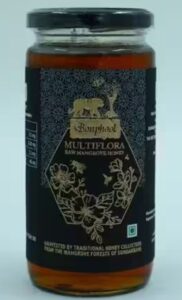 Sundarbans, the world’s biggest mangrove forest, is home to numerous wild honeybee colonies. Prior to the development of beehive farming, humans used to search for wild honeycombs.
Sundarbans, the world’s biggest mangrove forest, is home to numerous wild honeybee colonies. Prior to the development of beehive farming, humans used to search for wild honeycombs.
The typical and complex flavour profile of Sundarbans honey reflects the region’s biodiversity. It combines nectar from different mangrove flowers, including Khalisha, Bani, and Garan, to produce a balance of sweet and earthy aromas. Compared to other kinds of honey, it has less gluiness. In addition to being completely natural and pure, Sundarban honey has a high flavonoid content and offers significant health advantages.
Rich Pashmina
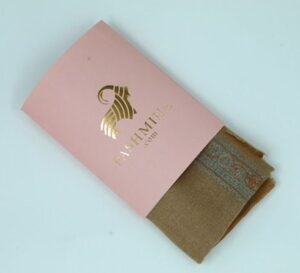 The fabric of the Kashmiri Pashmina shawl is intricately woven with enthralling tales. Persian for wool is ‘pashm. But in Kashmiri, it refers to the Changthangi goat’s raw, unspun wool, which is the world’s most unique Cashmere goat and can only be found at an altitude of 14,000 feet above the sea level. The undercoat of this goat is combed, not sheared, to harvest the wool. Using centuries-old techniques, skilled artisans hand-spin, weave, and embellish these fragile fibres. The end product is a shawl that exudes classic style and expert craftsmanship while being light, comfortable, and detailed.
The fabric of the Kashmiri Pashmina shawl is intricately woven with enthralling tales. Persian for wool is ‘pashm. But in Kashmiri, it refers to the Changthangi goat’s raw, unspun wool, which is the world’s most unique Cashmere goat and can only be found at an altitude of 14,000 feet above the sea level. The undercoat of this goat is combed, not sheared, to harvest the wool. Using centuries-old techniques, skilled artisans hand-spin, weave, and embellish these fragile fibres. The end product is a shawl that exudes classic style and expert craftsmanship while being light, comfortable, and detailed.
Pashmina was a sign of status and aristocracy in ancient courts. The procedures for granting honour to someone included the cloth in a significant way.
Exquisite Zighrana Ittar
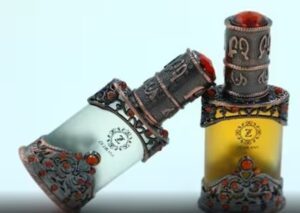 Zighrana Ittar is a gem of aroma produced in Kannauj, Uttar Pradesh. Ittar is an essential oil made from plants. It displays a long-standing tradition of fine scent creation. Ittar is a tribute to accuracy and perseverance, expertly distilled using a process that has been handed down through the years. At dawn, when the rare blooms’ smell is at its strongest, master craftspeople carefully gather jasmine and roses.
Zighrana Ittar is a gem of aroma produced in Kannauj, Uttar Pradesh. Ittar is an essential oil made from plants. It displays a long-standing tradition of fine scent creation. Ittar is a tribute to accuracy and perseverance, expertly distilled using a process that has been handed down through the years. At dawn, when the rare blooms’ smell is at its strongest, master craftspeople carefully gather jasmine and roses.
The essential oils are carefully extracted using hydro-distillation and then kept for years, allowing the notes to harmonise and deepen. Zighrana Ittar, a fragrant symphony that resonates with Kannauj’s rich history, is the product of this alchemical journey’s culmination. Ittar’s distinctive and natural fragrance character makes it a popular ingredient in some handmade and niche perfumes. Zighrana Ittar transcends time, thoughts of regal courts and antique bazaars where its aroma formerly filled the air.
Hand spun Khadi Scarf
 Indian-made Khadi is a sustainable fabric that is adored for its divine texture and ability to be worn all year round. It can be created through the spinning of wool, jute, silk, or cotton. It is also among the most significant representations of India’s struggle for independence. It was Mahatma Gandhi, who came up with this term.
Indian-made Khadi is a sustainable fabric that is adored for its divine texture and ability to be worn all year round. It can be created through the spinning of wool, jute, silk, or cotton. It is also among the most significant representations of India’s struggle for independence. It was Mahatma Gandhi, who came up with this term.
These complex threads are hand-spun and hand-woven into the ultimate fashion statements worn all over the world made by India’s rural craftsmen, who are 70% women. Khadi has long been the endorser of sustainable fashion.

